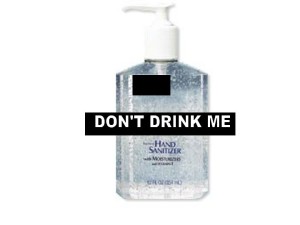We have a paper coming out shortly about best practices at petting zoos and farm visits and state fairs and just hanging out with animals.
I’ll follow my own best practice and wait until it’s published to talk about it, but Dr Ken Lamden, the health chief of Cumbria and north Lancashire in  the UK is urging parents to be aware of potential infections that can be caught at farm attractions.
the UK is urging parents to be aware of potential infections that can be caught at farm attractions.
Over the past 20 years, an average of around 80 cases of cryptosporidium infection linked to visits to petting farms have been reported to Public Health England each year. This is out of a total of around two million visits to the 1,000 plus farm attractions in the UK, with peak visitor times during school and public holidays.
Dr Lamden, of PHE’s Cumbria and Lancashire Centre, said: “Visiting a farm is a very enjoyable experience for both children and adults alike but it’s important to remember that contact with farm animals carries a risk of infection because of the micro-organisms – or germs – they carry.
“Anyone visiting a petting farm should be aware of the need to wash their hands thoroughly using soap and water after they have handled animals or been in their surroundings. Children are more at risk of serious illness and should be closely supervised to make sure that they wash their hands thoroughly.
“It is also very important not to rely on hand gels and wipes for protection because these are not suitable against the sort of germs found on farms.”








 cleaning up from the previous diners.
cleaning up from the previous diners.
 ordinance.
ordinance.